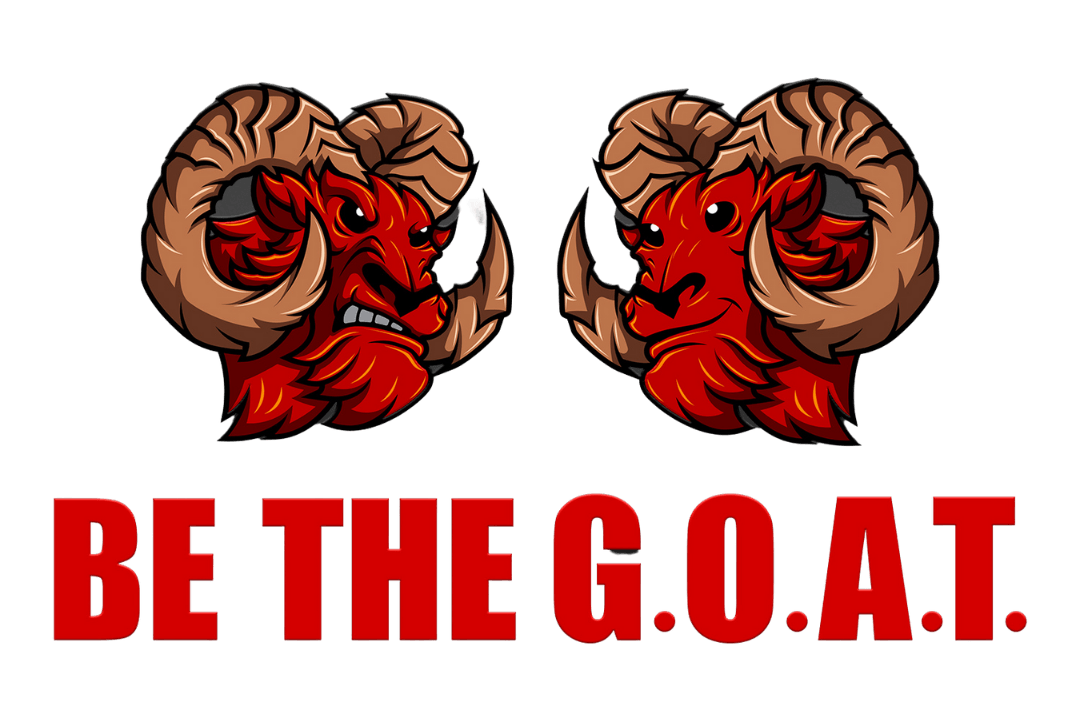Developing Emotional Intelligence for Effective Leadership
Good for you, good for everyone!

Emotional intelligence is a critical factor for effective leadership. Leaders who possess high levels of emotional intelligence are better equipped to build and maintain positive relationships with their teams, customers, and other stakeholders. They are more adept at managing stress, making rational decisions and communicating.
Looking to hire a sales coach? Click here to find out more about what we do.
If you aspire to be a leader, developing emotional intelligence should be a priority. Emotional intelligence accounts for nearly 90 percent of what sets high performers apart from peers with similar technical skills. Self-awareness is the foundation of emotional intelligence for effective leadership. It involves recognising and understanding your own emotions, as well as their impact on others. To develop self-awareness, take time to reflect on your emotions regularly and try to identify what triggers them.
Developing emotional intelligence as a leader can have a positive impact on the work environment. Emotional intelligence is critical for leadership as it helps leaders successfully coach teams, deliver feedback and collaborate with others. By developing emotional intelligence, a leader can not only manage their own emotions, but respond appropriately to the emotions of others. This can create a productive atmosphere and positive working environment where employees feel heard, respected and valued. Additionally, emotional intelligence can lead to greater social skills, including teamwork, conflict resolution, communication and problem-solving skills. A leader who models these skills can set a good example and gain the professional respect of their employees. By fostering positive relationships and open and honest communication, a leader with emotional intelligence can create a workplace culture of compassion, positive thinking and growth opportunities that ultimately leads to higher productivity and job satisfaction.
To be more empathetic and drive higher engagement in the workplace, increasing your emotional intelligence quotient is necessary. Taking the following actions will help you build your emotional intelligence and leadership effectiveness:
1. Listen closely and withhold judgement. It all starts with having strong active listening skills.
2. Connect with your own emotions through the Enablers of Leadership. Vitthal Nayak, an ex-HR director of a leading engineering multinational, speaks about how he learned to connect with his emotions through the Enablers of Leadership. The Enablers of Leadership are the fundamental principles that support the development of leadership skills, including emotional intelligence.
Developing emotional intelligence is crucial for effective leadership. It can improve your ability to communicate, manage stress, and build positive relationships with your team and stakeholders. By reflecting on your emotions and practising active listening, you can enhance your emotional intelligence quotient and become a more effective leader.
Take the stress off yourself, take a look at the programmes we offer in supporting organisations with beating the burnout and developing skills to enable all to be the G.O.A.T.
Click here now to look at our programmes.










